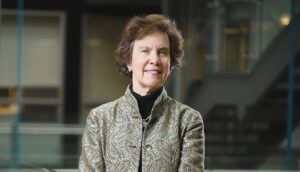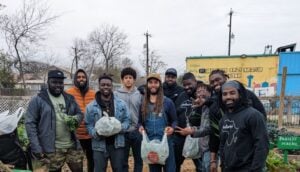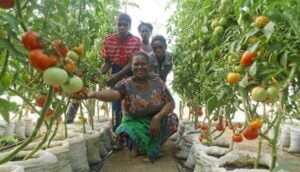Over 70% of Tanzania’s population, or 35 million people, lives in rural areas and faces daily problems, from water availability to lack of electricity, that could be alleviated with appropriate technology solutions; however, most technologies are designed and manufactured abroad and fail to truly address the needs of rural Tanzania for 3 main reasons:
- These technologies are often unaffordable for rural Tanzanians.
- Without local context during development, these technologies are often impractical and do not fulfill the local needs and/or use local resources.
- Tanzanian villagers may not have the necessary tools and/or knowledge to repair broken devices.
These Tanzanians should not feel the need to wait for product development companies to swoop in and design product solutions – a process that is at best slow and at worst destructive. They should be empowered to create their own solutions, and ever the buzz word, empowerment is difficult to define concretely. What I suggest at this moment is providing a framework and resources for people to apply design concepts to their daily challenges. As the old adage goes, give a man a fish, and he will eat for a day; teach a man to fish, and he will eat for life.
One of the hardest parts of accomplishing anything is gaining enough confidence to begin. One way to counter the natural tendency to give up is to show how the seemingly impossible is possible. This can be done through Creative Capacity Building, a methodology that uses hands-on participation to teach the elements of design, with a focus on cost-, health-, and time- saving devices while instilling a sense of confidence in the participants that they are fully able design and build solutions to their problems – problems they fully understand because they live them. These “solvers” are the experts when it comes to “local context.”
This in no way discounts what engineers and product designers do. After all, this is co-creation, and product experts are one of the critical links for co-creation to thrive. They are the ones who can show the solver an easier way to build their products or introduce the solvers to more resources and tools that can make the product more affordable and/or simpler to repair.
The question thus turns to sustainability and scalability of these products, and this is where I am left wondering what is best. I believe these inventions should be more than just one-time creations for the individual solver to enjoy when more people can benefit. How do we maximize positive impact?
My own natural inclination is to create teams of solvers who fully understand the problem and have diverse interests and experiences, from the focused builder to the thoughtful designer to the persuasive salesperson, not unlike the teams emerging from start-ups around the world. Then focusing on building (or finding!) a network of product, business, and manufacturing experts, who can pool their knowledge to advise, improve, and scale products and support these solver teams. How do we foster this? I have one suggestion that is still forming and would welcome any of your ideas in the comments section.










